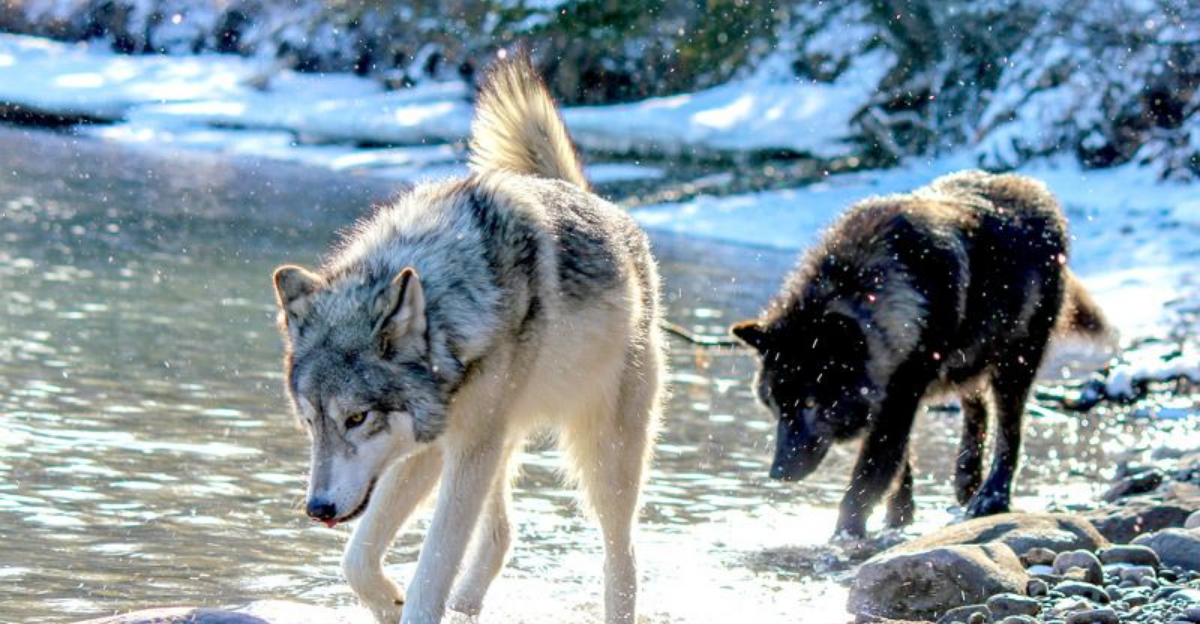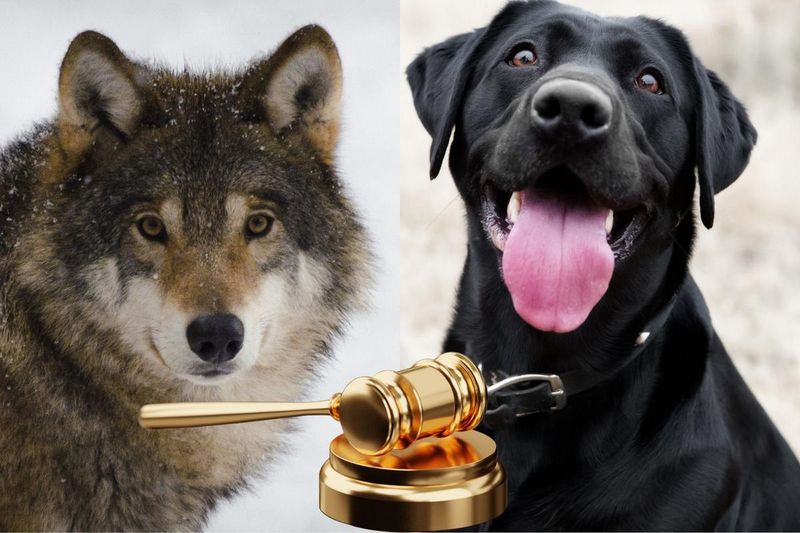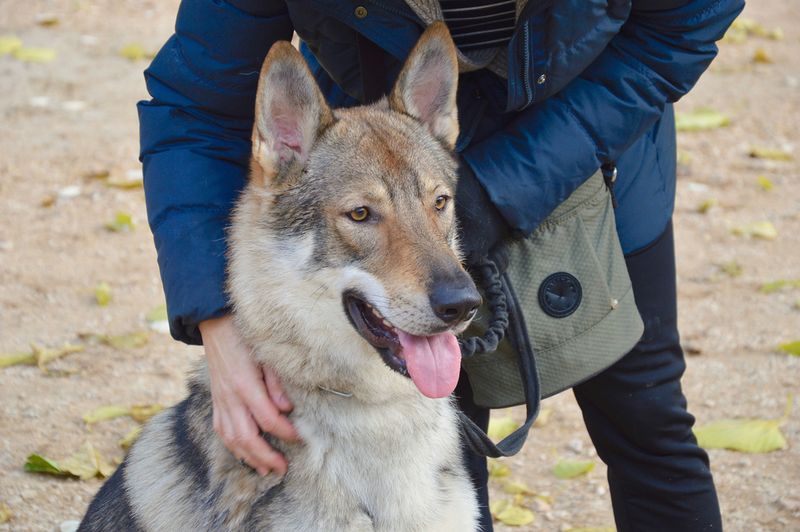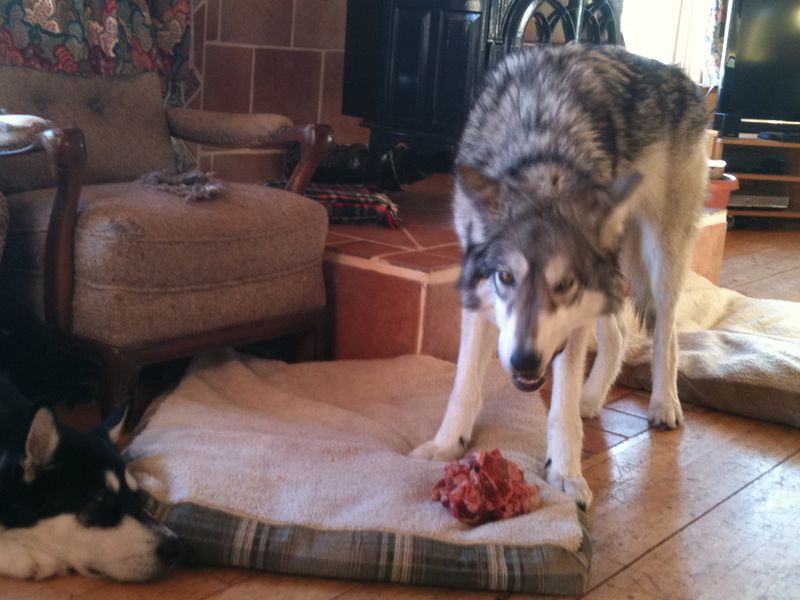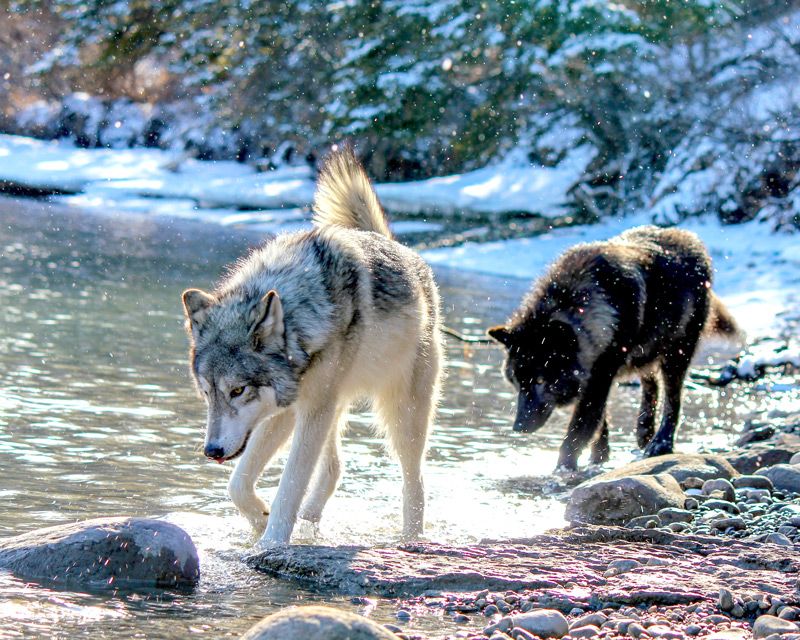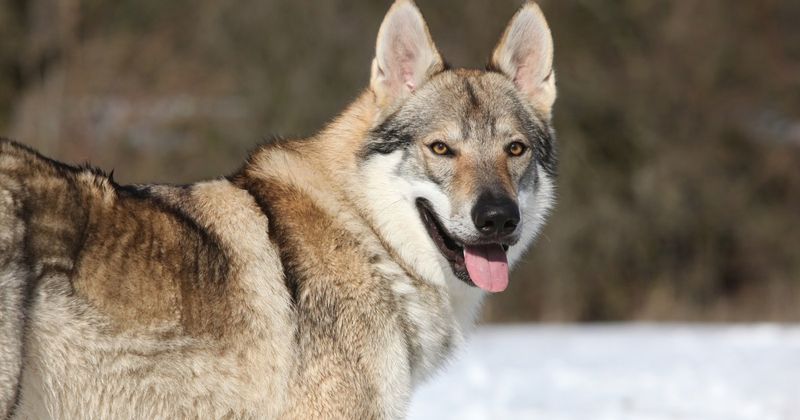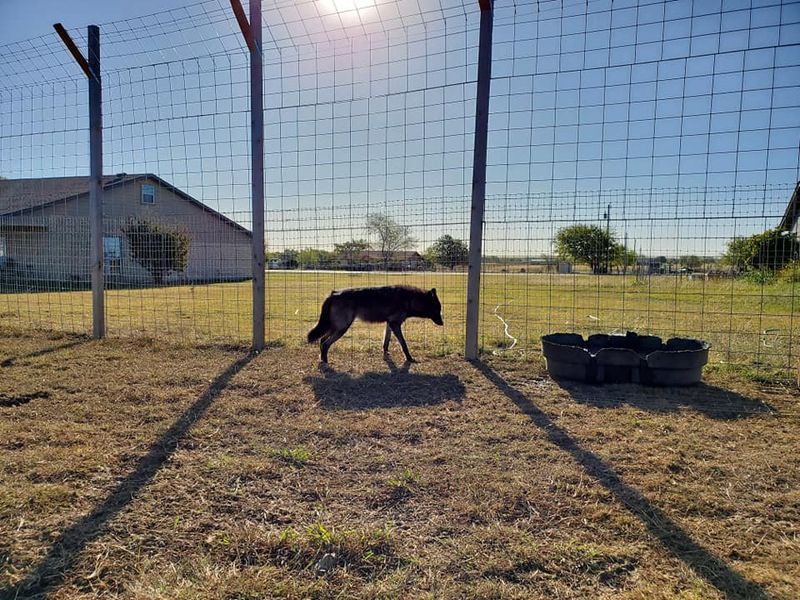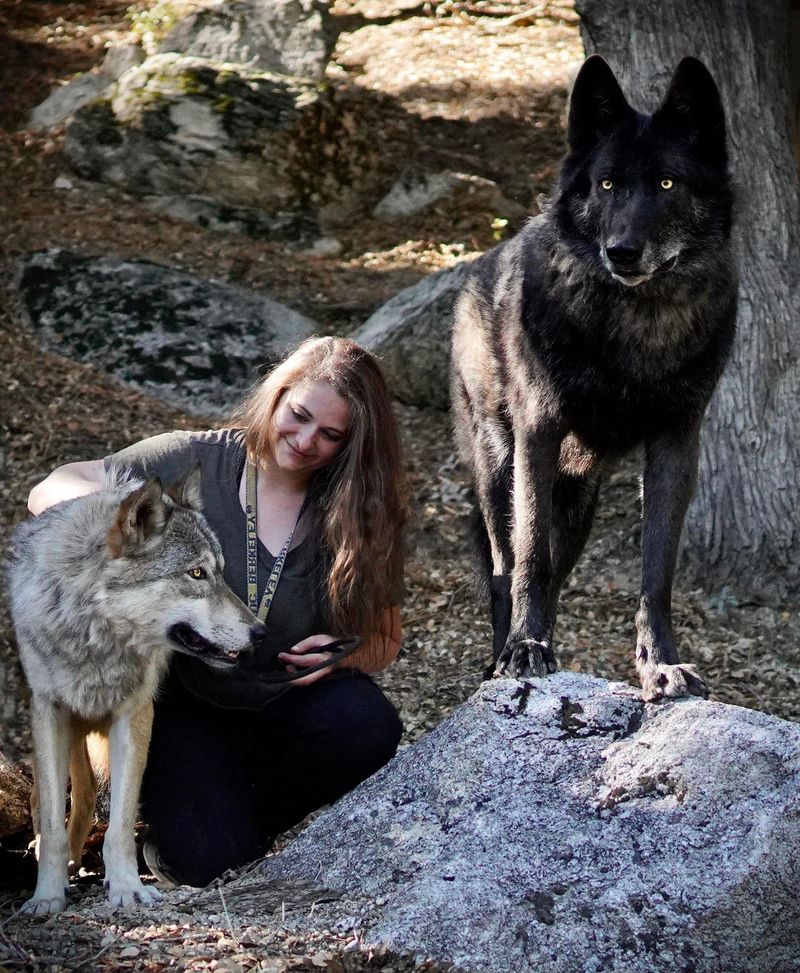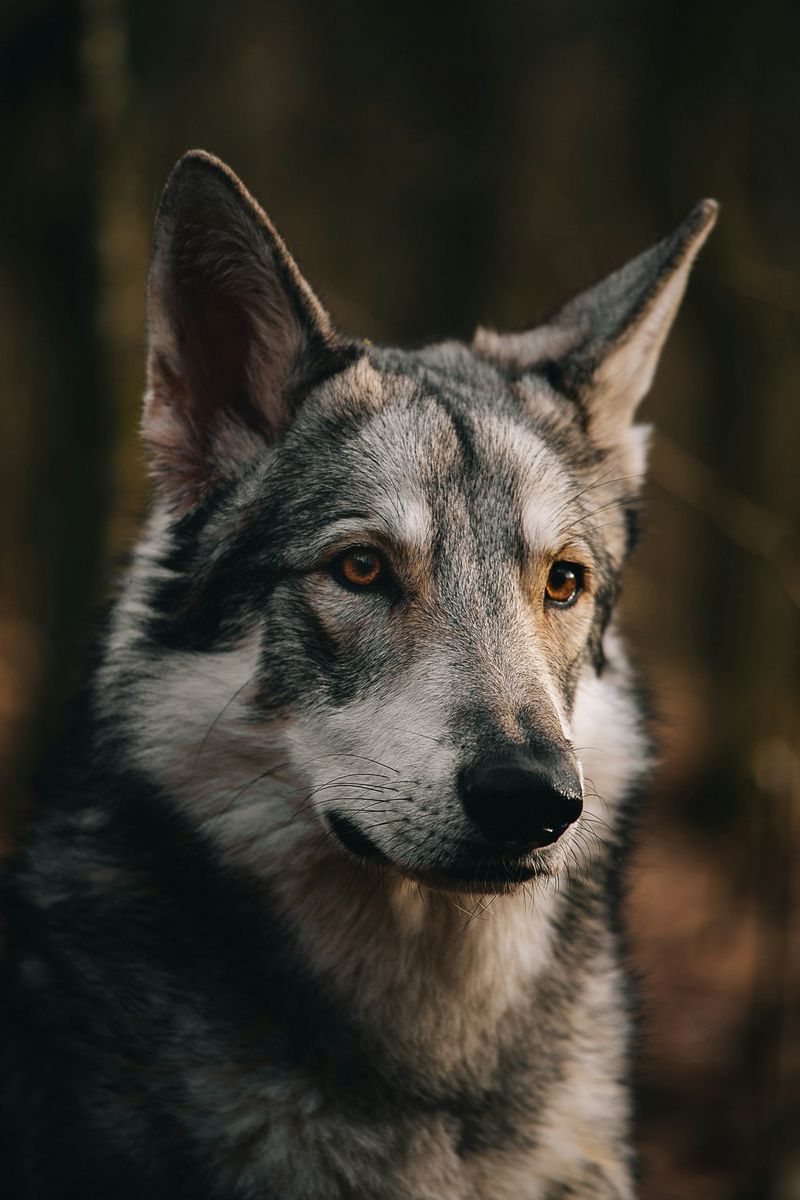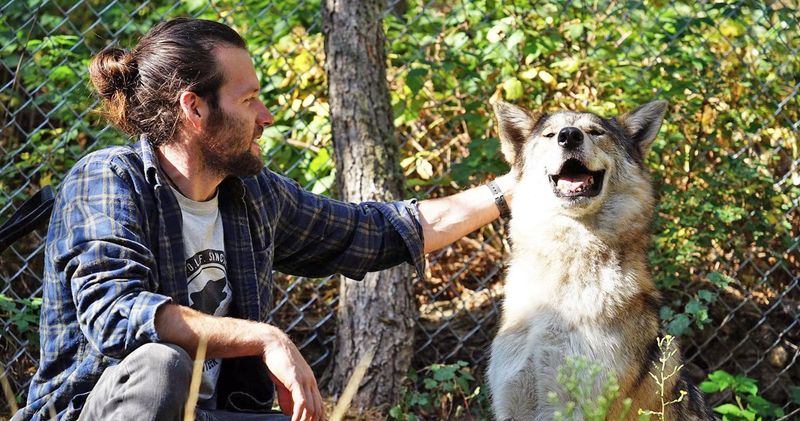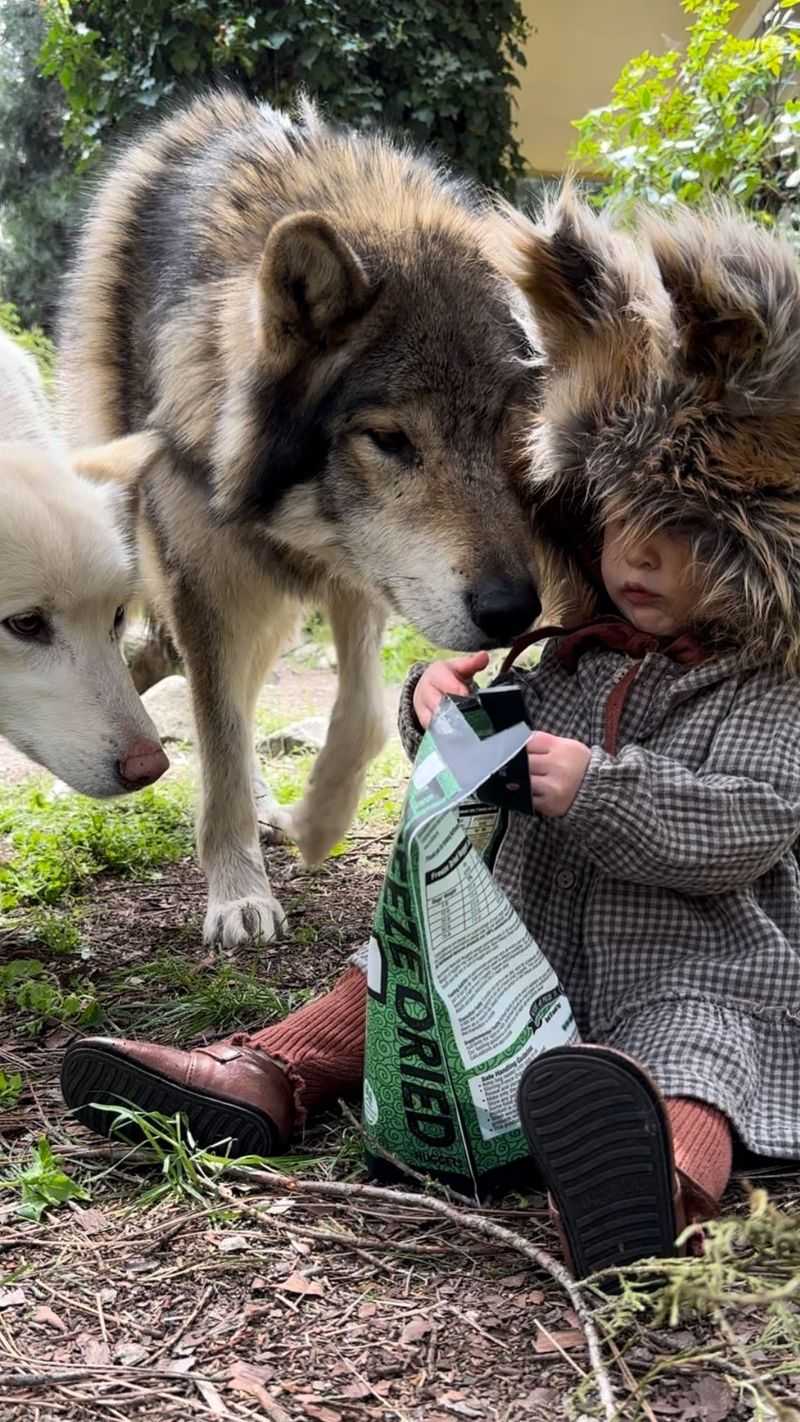Owning a wolfdog is an exciting and challenging journey. These majestic creatures, blending the wild instincts of a wolf with the loyal companionship of a dog, require a unique understanding and commitment. Before welcoming a wolfdog into your home, it’s crucial to be well-informed about their behavior, care needs, and legal considerations. This guide will provide you with essential insights into wolfdog ownership, ensuring a harmonious relationship with your furry companion.
The Basics of Wolfdogs
Wolfdogs are hybrids, blending the characteristics of both wolves and domestic dogs. Their appearance and behavior can vary greatly depending on the percentage of wolf genes they possess. While some may closely resemble wolves, others might appear more like standard dog breeds.
The way they interact with humans often depends on their genetic makeup and socialization. Wolfdogs require owners who understand their unique needs and can provide them with the appropriate environment and training. It’s essential to approach wolfdog ownership with an open mind and readiness to adapt to their distinct personalities.
Understanding Their Behavior
Understanding wolfdog behavior is crucial for potential owners. These animals may display a combination of wolf-like independence and dog-like loyalty. Their behavior is often more unpredictable than typical dog breeds, requiring careful observation and understanding.
Wolfdogs thrive in environments where they can express their natural instincts, such as exploring and hunting. Owners should provide ample space and stimulation to prevent boredom and destructive behavior. Socialization from a young age is vital to ensure they are comfortable around humans and other animals.
Legal Considerations
Before acquiring a wolfdog, it’s important to understand the legalities surrounding their ownership. Laws regarding wolfdogs vary widely across regions, with some areas imposing strict regulations or outright bans.
Prospective owners must research the legal requirements in their location, including permits, containment standards, and liability insurance. Failure to comply with these regulations can lead to significant legal consequences. Consulting with local authorities or legal experts can provide clarity and help ensure responsible ownership.
The Importance of Socialization
Socialization is a key aspect of raising a well-adjusted wolfdog. Starting this process early in the wolfdog’s life can lead to a more friendly and confident companion.
Exposing them to various environments, people, and other animals helps in reducing fear and aggression. It is advisable to involve them in structured activities and training sessions to enhance their social skills.
Socialization not only benefits the wolfdog but also strengthens the bond between the owner and pet, creating a nurturing relationship.
Training Challenges
Training a wolfdog can be challenging yet rewarding. Their intelligence often means they learn quickly, but their wild instincts can lead to stubbornness. Unlike regular dogs, wolfdogs may not respond to traditional training methods and require a more creative approach.
Positive reinforcement and patience are key to successful training. Owners should be prepared to invest time and effort in understanding what motivates their wolfdog. Consistent and clear communication will help in building trust and ensuring obedience.
Dietary Needs
Feeding a wolfdog requires careful consideration of their dietary needs. They often thrive on a diet that mirrors what their wild counterparts would consume, emphasizing raw meats, vegetables, and grains.
Owners should consult with veterinarians or canine nutritionists to formulate a diet plan that meets their wolfdog’s specific needs. Proper nutrition is vital to maintaining their health and vitality, helping to prevent common nutritional deficiencies.
Ensuring a balanced diet will contribute to a wolfdog’s overall well-being and longevity.
Exercise and Enrichment
Regular exercise and mental stimulation are crucial for wolfdogs. Their high energy levels demand activities that both challenge them physically and mentally. Engaging them in activities like hiking, agility courses, or scent work can fulfill their need for enrichment.
Physical exercise alone is not enough; mental challenges are equally important to prevent boredom and unwanted behaviors. Interactive toys, puzzles, and training sessions can provide the necessary stimulation.
A well-exercised wolfdog is a happy and well-behaved companion.
Health Concerns
Wolfdogs may face unique health issues compared to regular dogs. Understanding genetic predispositions and potential health risks is critical for owners.
Regular veterinary check-ups and preventive care are essential to address common issues such as joint problems, digestive disorders, and parasitic infections.
Being proactive and informed about their health needs can lead to early detection and treatment of potential illnesses, contributing to a longer, healthier life for your wolfdog.
Housing Requirements
Housing a wolfdog requires specific considerations to ensure their safety and well-being. A secure and spacious enclosure is often necessary, with high fences to prevent escapes.
Incorporating natural elements like trees, rocks, and water features can create a more stimulating environment.
Owners should ensure the enclosure provides shelter from extreme weather and ample space for exploration.
Proper housing can help satisfy their instincts and ensure they lead a comfortable and enriched life.
Bonding with Your Wolfdog
Building a bond with your wolfdog is a rewarding journey. These creatures value trust and respect, which form the foundation of a strong relationship.
Spending quality time, engaging in shared activities, and understanding their unique communication cues are key elements in fostering a deep connection.
An owner willing to invest effort in understanding their wolfdog’s needs and quirks will be rewarded with a loyal and devoted companion.
Wolfdog Myths Debunked
Wolfdogs are often surrounded by myths and misconceptions. Contrary to popular belief, they are not inherently aggressive or dangerous.
Their behavior largely depends on upbringing, environment, and genetic factors. Educating oneself and others can help dispel myths and promote responsible ownership.
Understanding the truth about wolfdogs can lead to a more informed and compassionate approach to their care and companionship.
Adoption Considerations
Adopting a wolfdog is a significant commitment that should not be taken lightly. Prospective owners must evaluate their lifestyle, resources, and ability to meet the needs of these unique animals.
It’s essential to visit rescue centers and interact with wolfdogs to understand their behavior and care requirements. Adopting from reputable organizations ensures the health and well-being of the wolfdog.
Careful consideration and preparation can lead to a successful and fulfilling adoption experience.
Introducing Wolfdogs to Families
Introducing a wolfdog into a family setting requires careful planning and understanding. It’s important to assess how they interact with children and other pets, ensuring a harmonious household.
Supervised interactions and gradual introductions help in building trust and reducing potential conflicts. Providing proper guidance to family members on handling and respecting the wolfdog is crucial.
With patience and understanding, a wolfdog can become a beloved family member.
